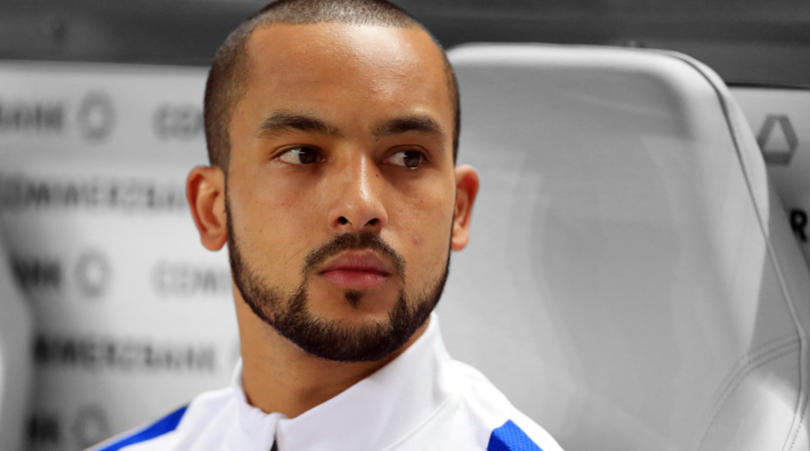What to do when you’re relegated from the Premier League, according to those who’ve done it
With just two weeks of the campaign remaining, two of Newcastle, Sunderland and Norwich will soon join Aston Villa in the Championship. Richard Edwards finds out how to deal with the disappointment of demotion...
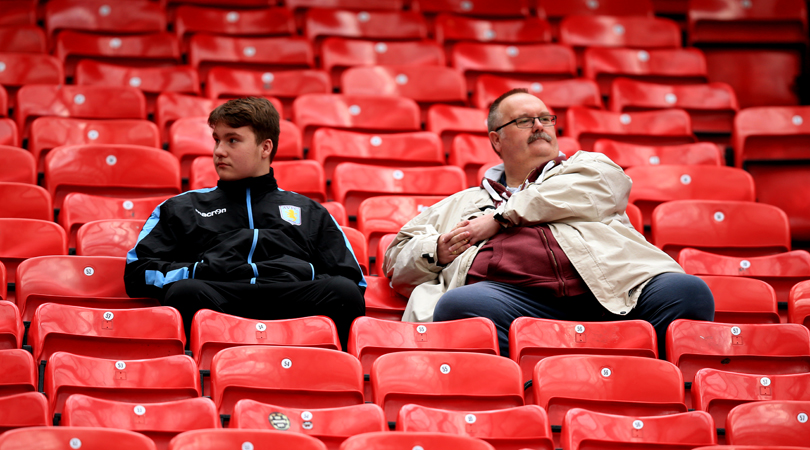
When Phil Brown’s Hull City avoided relegation on the final day of the 2008/09 season, the larger-than-life manager took to the pitch at the KC Stadium to lead an impromptu karaoke session. With the stratospheric sums on offer for survival this season, don’t be surprised if Sam Allardyce, Rafa Benitez or Alex Neil decide to Gangnam from the top of the nearest building if things go their way next weekend.
The bad news for Norwich, Newcastle and Sunderland is that, despite the mega-sums on offer, two into three is still an equation that doesn't work. As the realisation hits home that it’s the Championship rather than the moneyed elite that awaits, what do clubs need to do first stabilise and then bounce back?
Burnley return
The playing staff hasn’t markedly changed either, although as Garlick tells FFT, relegation inevitably means some players will move on
Few men are better qualified to answer this question than Mike Garlick. The Burnley chairman was at the helm when the Clarets were relegated after a single season in the Premier League last time out; now, after watching his side clamber out of the Championship at the first time of asking last weekend, he can look forward to another crack at top-flight football when August rolls around. Burnley will do so in rude financial health and with the same manager who took them there in the first place back in May 2014, Sean Dyche.
The playing staff haven't markedly changed either, although as Garlick tells FFT, relegation inevitably means some players will move on.
“We did lose three of our best players when we went down. Kieran Trippier went to Spurs, Danny Ings went to Liverpool and we sold Jason Shackell to Derby,” he says. “But we brought in some very good players too in Andre Gray and Joey Barton.
“We’ve managed to trade quite well and the squad has managed to evolve rather than fundamentally change beyond all recognition. I think the problem is that a lot of sides, when they go down, have to have a total clear-out to reduce their costs. Because we’ve been relatively cautious we didn’t have to do that.”
Get FourFourTwo Newsletter
The best features, fun and footballing quizzes, straight to your inbox every week.
There will, of course, be fans baying for money to be spent on strengthening the playing squad but few Burnley fans would argue against the fact that the club’s relative parsimony in the Premier League a year ago has left them in a far better financial state to compete next season. The Clarets reported profits of over £30m for the financial year ending June 2015 and, with the sums on offer next season, the club’s near-financial collapse in the 1980s has never seemed so distant.
Financial hit
It was estimated at the time that relegation would lead to a £21m blackhole in the club’s finances – a comparative drop in the ocean to now
After keeping Hull in the Premier League seven years ago, Phil Brown was never given the chance to repeat the feat, receiving his marching orders on Humberside with just nine matches of the following season remaining.
It was estimated at the time that relegation would lead to a £21m blackhole in the club’s finances – a comparative drop in the ocean to the economic travails awaiting the two sides that will join Villa in falling headfirst through the relegation trapdoor this term.
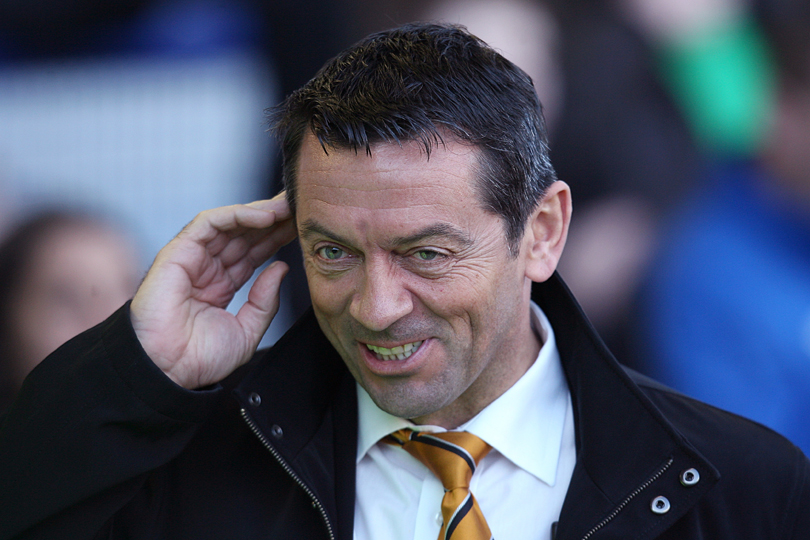
In contrast to the lack of patience exhibited when Brown was in charge, Steve Bruce has been given the chance to guide the club back to the Premier League, not once, but twice. With the club in the play-offs again this season, Bruce’s boys also stand a decent chance of joining Burnley again next season.
Stability = success
I don’t subscribe to the theory that if you fail in the Premier League – and failing is still leaving the club with £30m to £50m in the bank – then you shouldn’t have a chance to take them back up again
“I think you have to have some patience,” says Brown. “For instance, my situation at Hull City, instead of sticking with a manager who knew the players, who knew the football club, they chose a change-of-management plan that fell flat on its face. The clubs put all their eggs in one basket and it failed. Where I was concerned, I gave everyone a chance in the Premier League, all the players who had got us there in the first place. To get sacked so late in the season didn’t turn out to be the right decision.
“Now you look at Burnley and Sean Dyce, who seems one hell of a fit there, and Steve at Hull. I don’t subscribe to the theory that if you fail in the Premier League – and failing is still leaving the club with £30m to £50m in the bank – then you shouldn’t have a chance to take them back up again.”
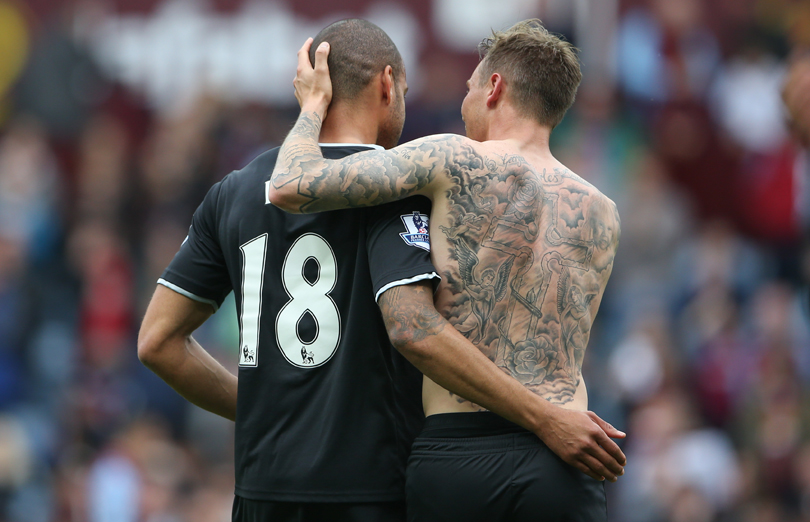
Norwich's Neil is the only manager in the bottom four this season to have been with the club for more than a single season. Villa, meanwhile, are on their third manager of the campaign – as many wins as they've mustered – and, in all likelihood, will have a different one at the helm when they kick off their first season outside of the top flight since 1987/88.
It’s a far cry from the unfussy calm that has emanated from Turf Moor this season.
“The reality was that the money was available (last season) but we couldn’t see, for the sort of money we were looking at, any players we could find who were better than the ones we had at the moment,” says Garlick.
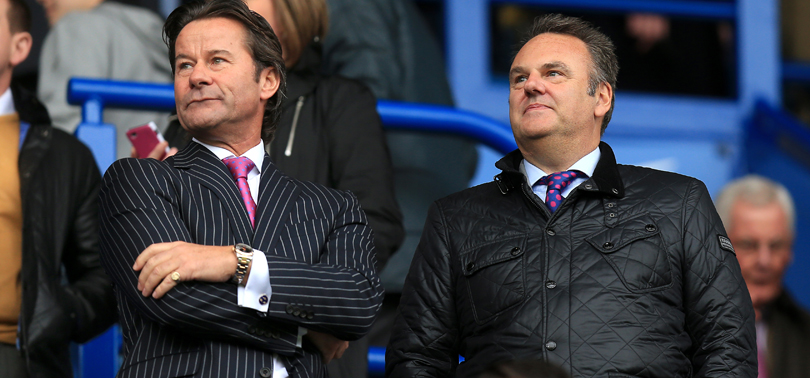
“It was as simple as that. We didn’t bring in vast numbers, it was quality rather than quantity. It will be the same again this summer because we want to hold this team together. Experience is also important and the signing of Joey Barton was crucial because he has been there before and has been promoted before. He’s also a natural leader.”
Keeping supporters onside
That attribute has been sorely lacking at Villa Park this season and hasn’t been much in evidence at St James’ Park either. How long the Bank of Mike Ashley remains open must also be open to question after he splashed the cash in January and is only beginning to see the fruits of that outlay now – perhaps already too late.
Off the pitch, the biggest challenge facing those relegated clubs is to keep disillusioned fans onside and, crucially, ensure they renew their season tickets and still take their seat in the stands when the likes of Manchester United and Liverpool are nowhere to be seen.
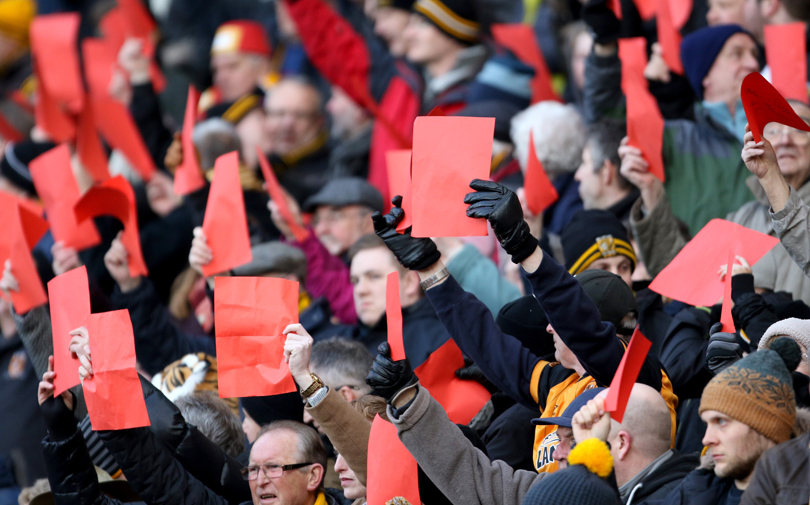
“That’s the difficult one,” says Brown. “You’ve got so many factors to take into account. The fans are fed up anyway because they’ve been relegated, they’re disillusioned with the players who, they might feel, aren’t wearing that shirt with enough pride. What you’ve got to do is settle the ship because of all the speculation about comings and goings at the football club. You have to try to get your recruitment right and every team is in the same boat, regardless of the division you’re in.
“If you don’t steady the ship then you can go down again pretty quickly. The true supporters will always come back but the likes of Villa, Newcastle, Sunderland, whoever it is, will find it tough because clubs in the Championship will be licking their lips at the prospect of playing them.”
For those clubs that do go down, levels of enthusiasm are liable to be far lower.
